As Toastmasters International nears its 100th anniversary, President Deepak Menon, DTM, says the organization’s programs and growing global member network offer a “formula for the future” in the continuing development of dynamic, talented and confident speakers and leaders.
His optimism is based partly on his experiences in District 82, in India and Sri Lanka, where membership has skyrocketed since the district was founded in 2006. It was ranked the No. 1 Toastmasters district in the world for four straight years, including 2009–2010, when Menon was district governor. During his year of leadership, the district added 75 new clubs—a Toastmasters world record. “The District 82 legacy was not built by its leaders, but by its members,” Menon emphasizes.
Menon, of New Delhi, is energized by that kind of member power and by the universe of prospects the world over who have never heard of Toastmasters.
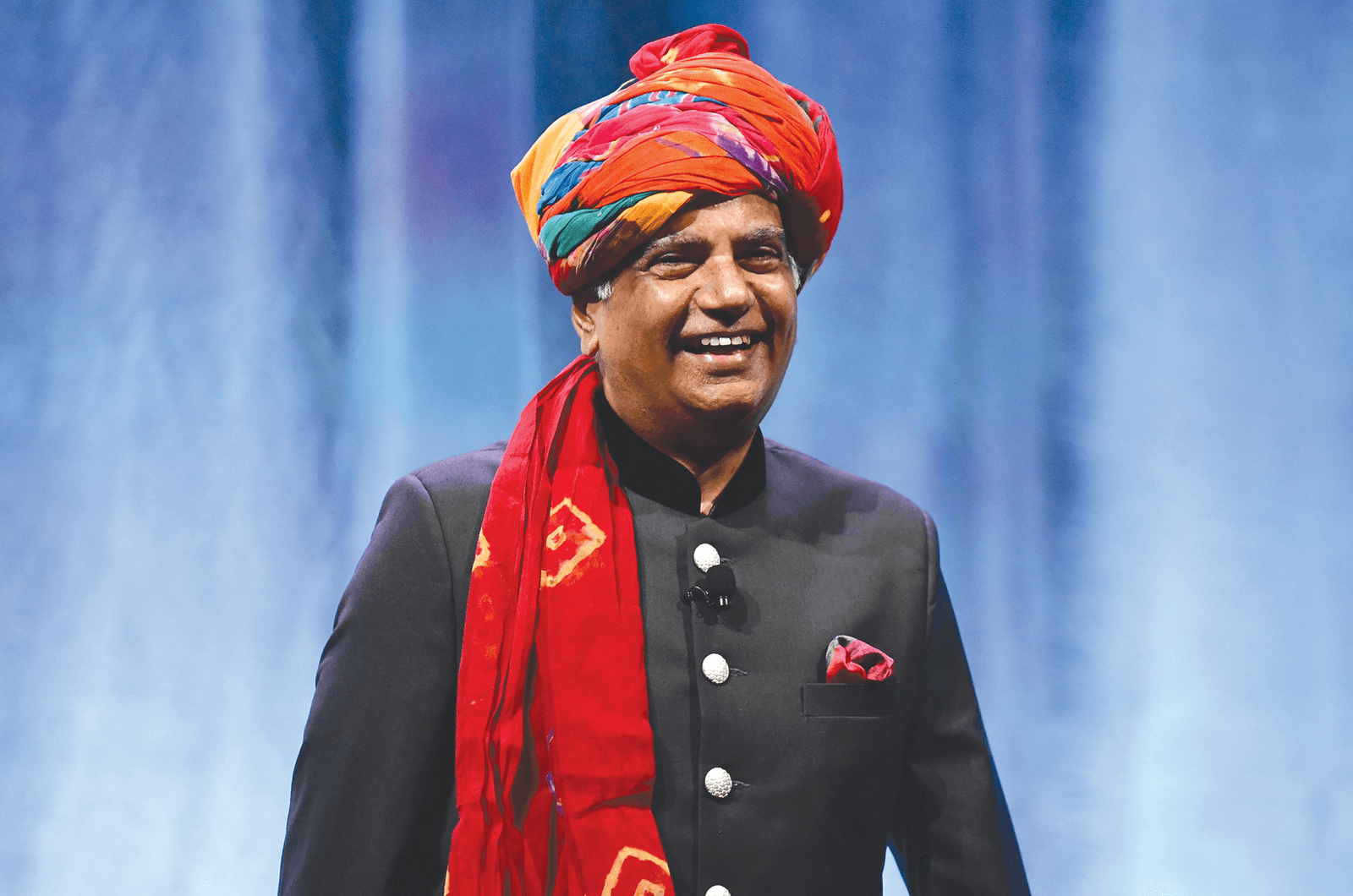
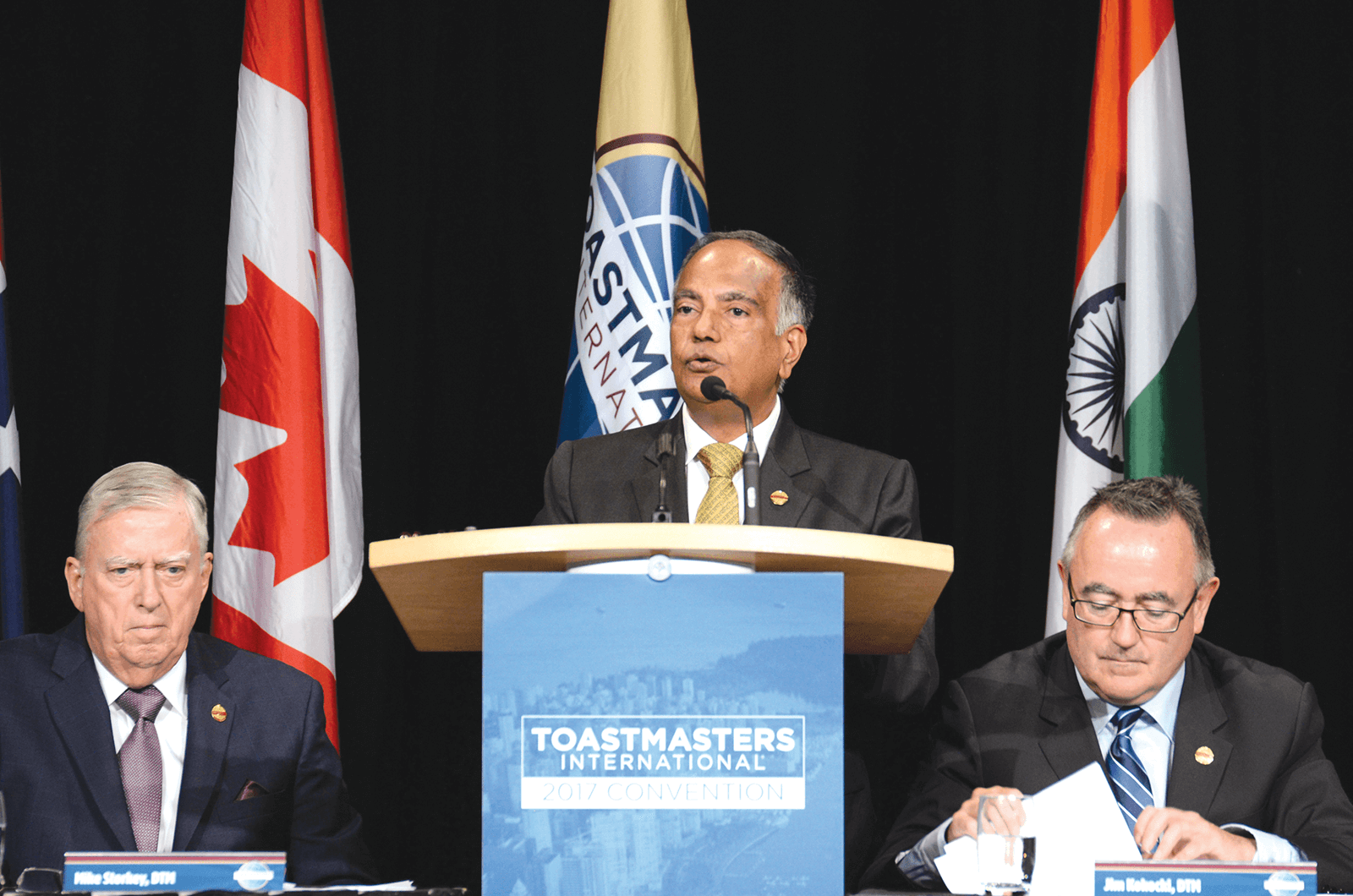
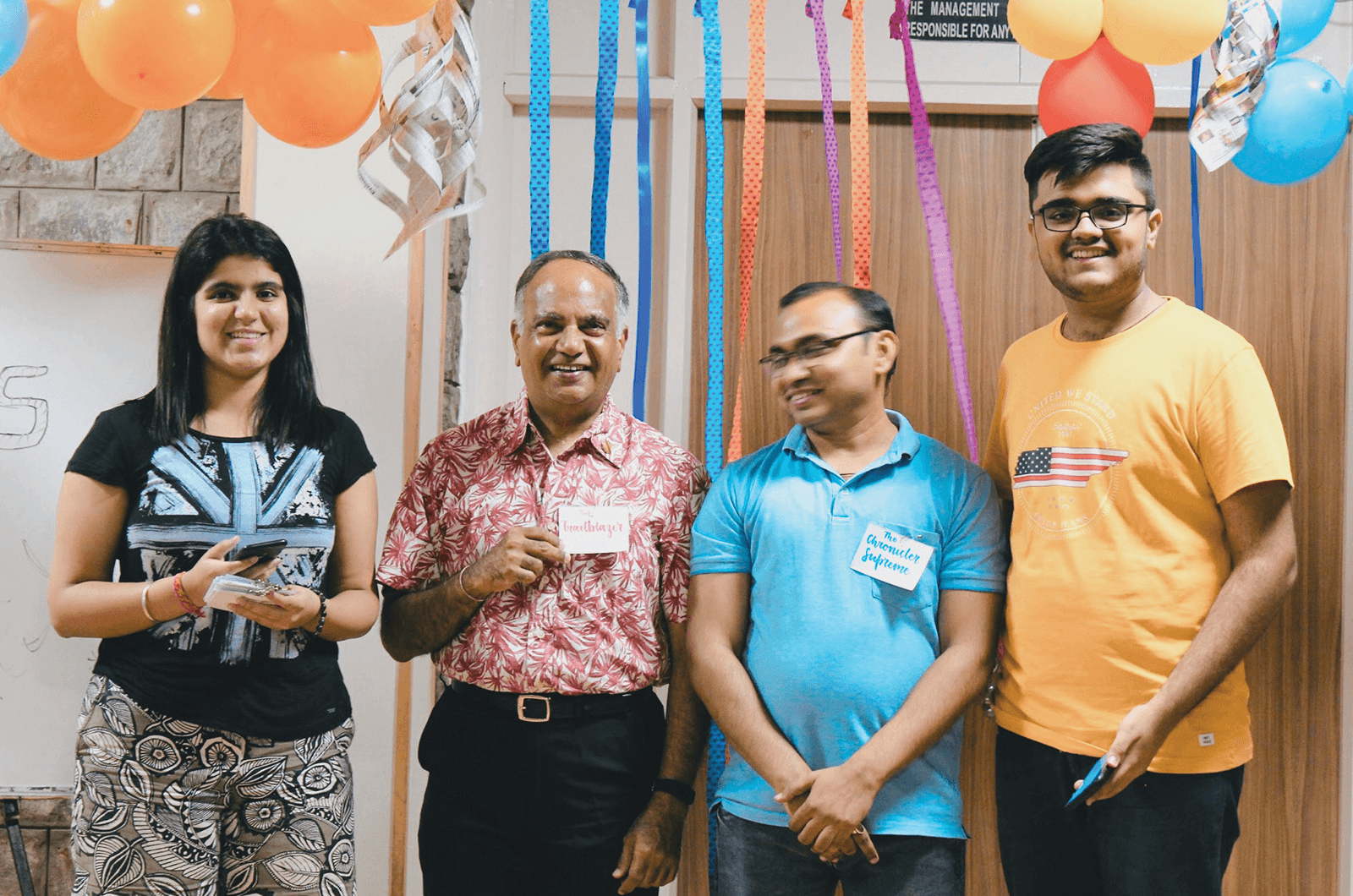
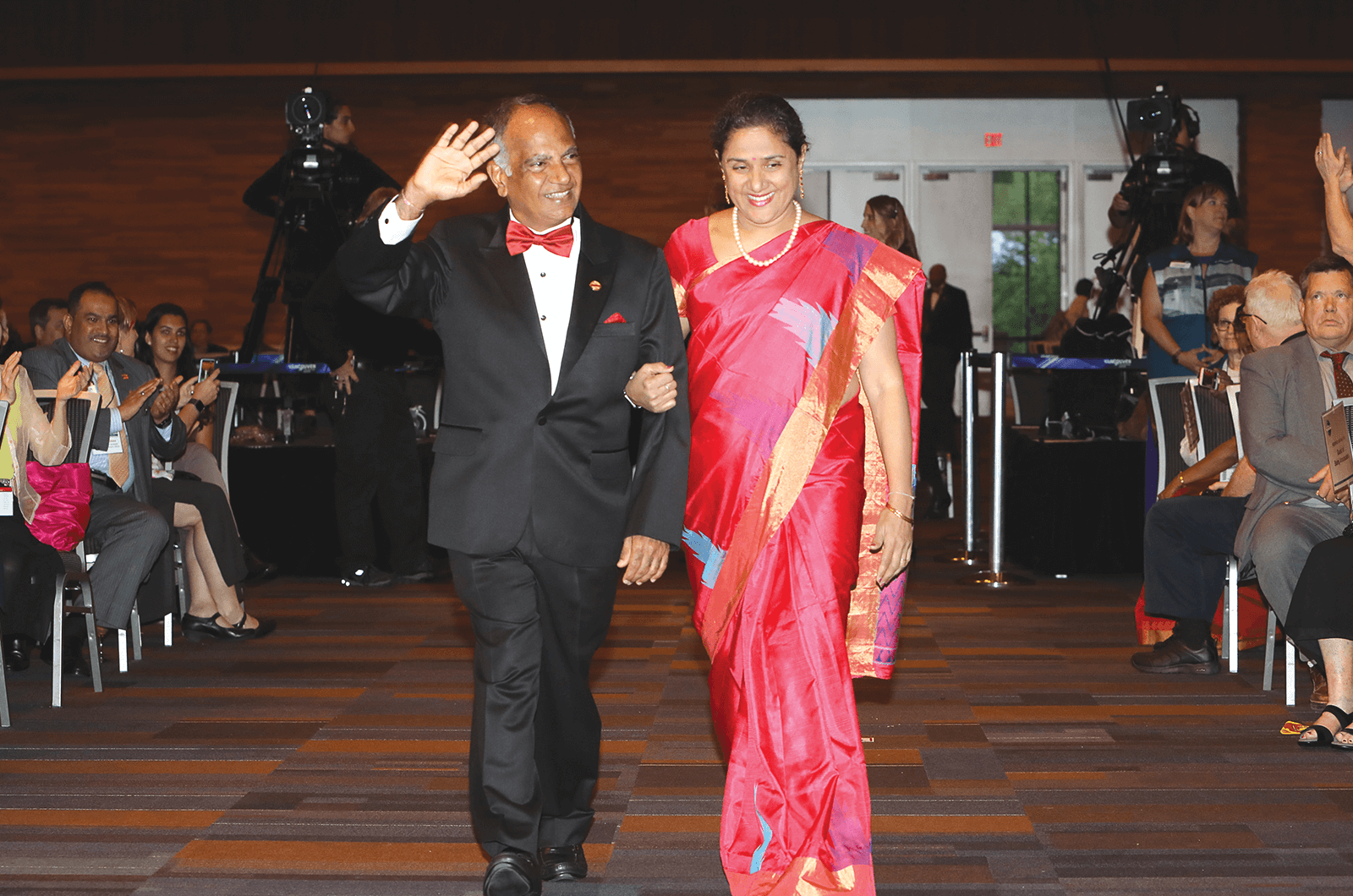
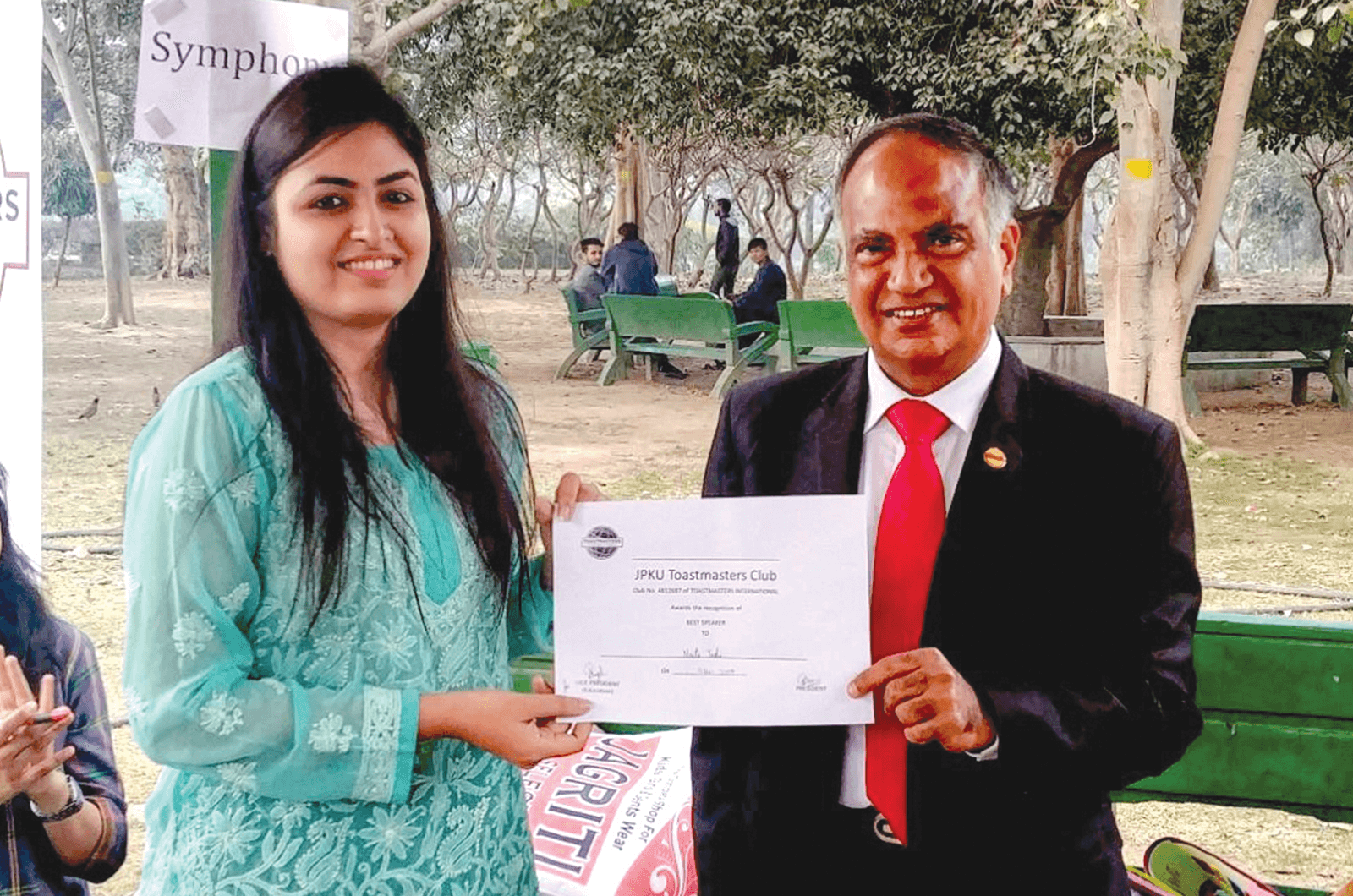
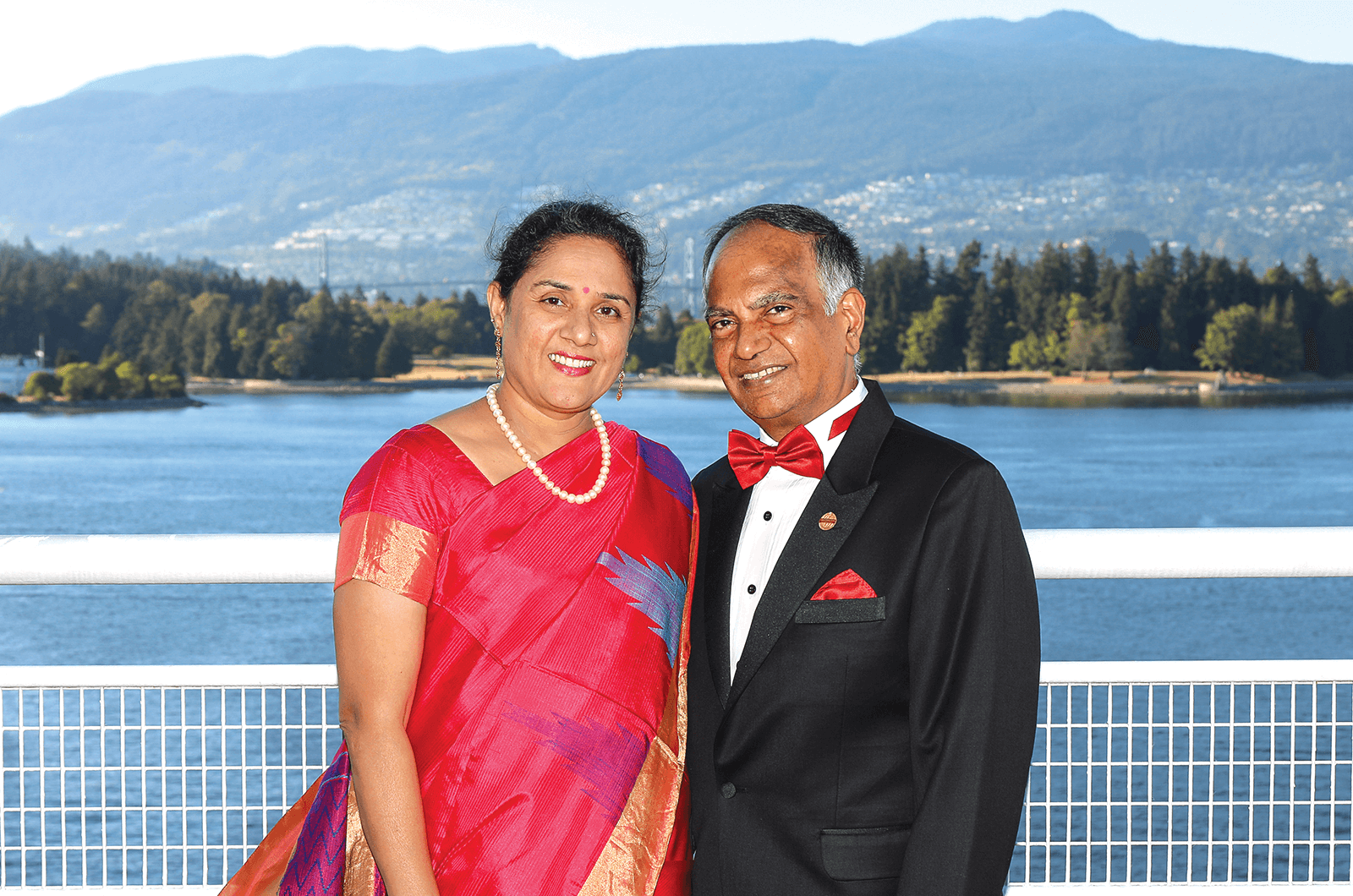
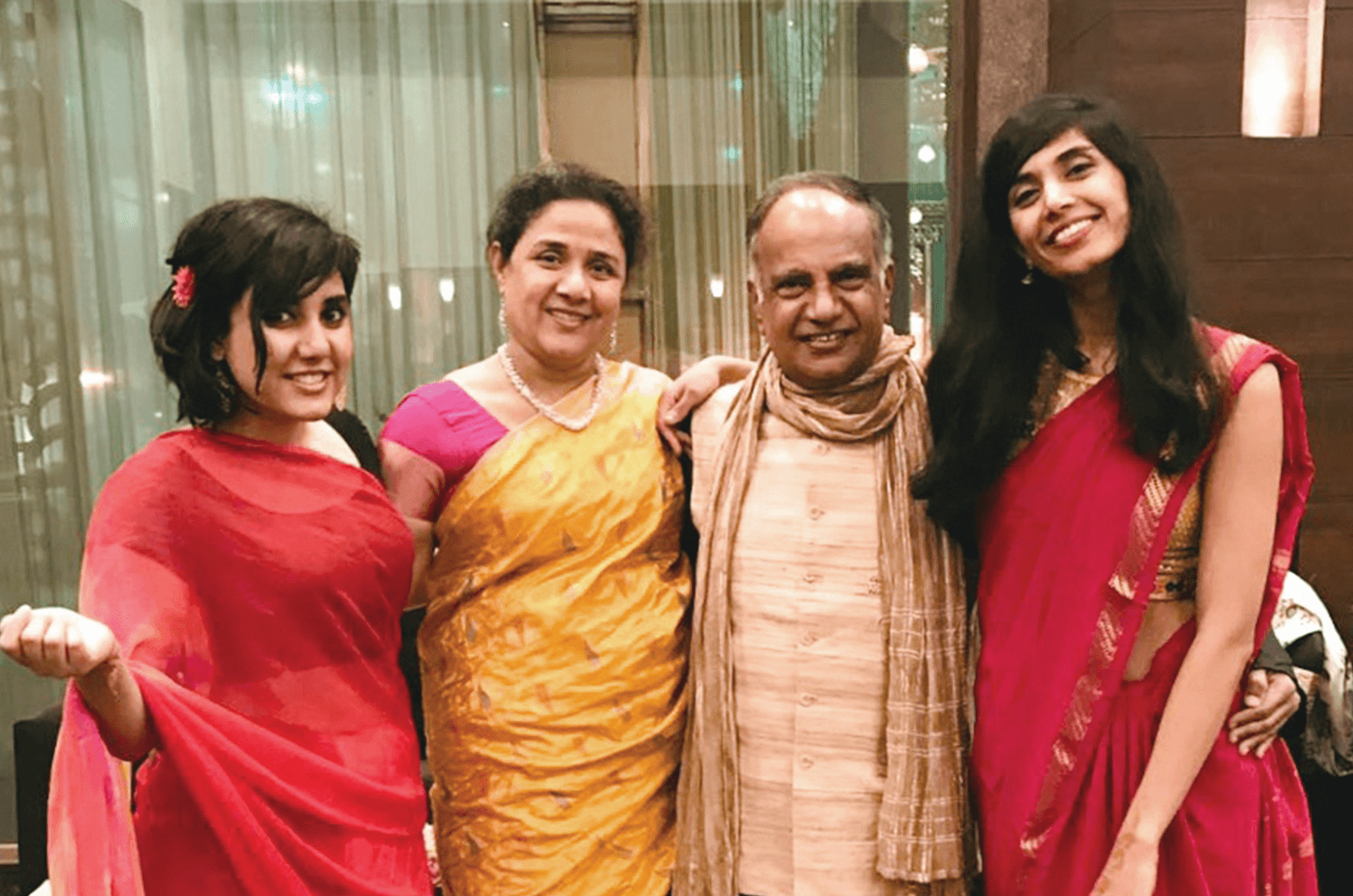
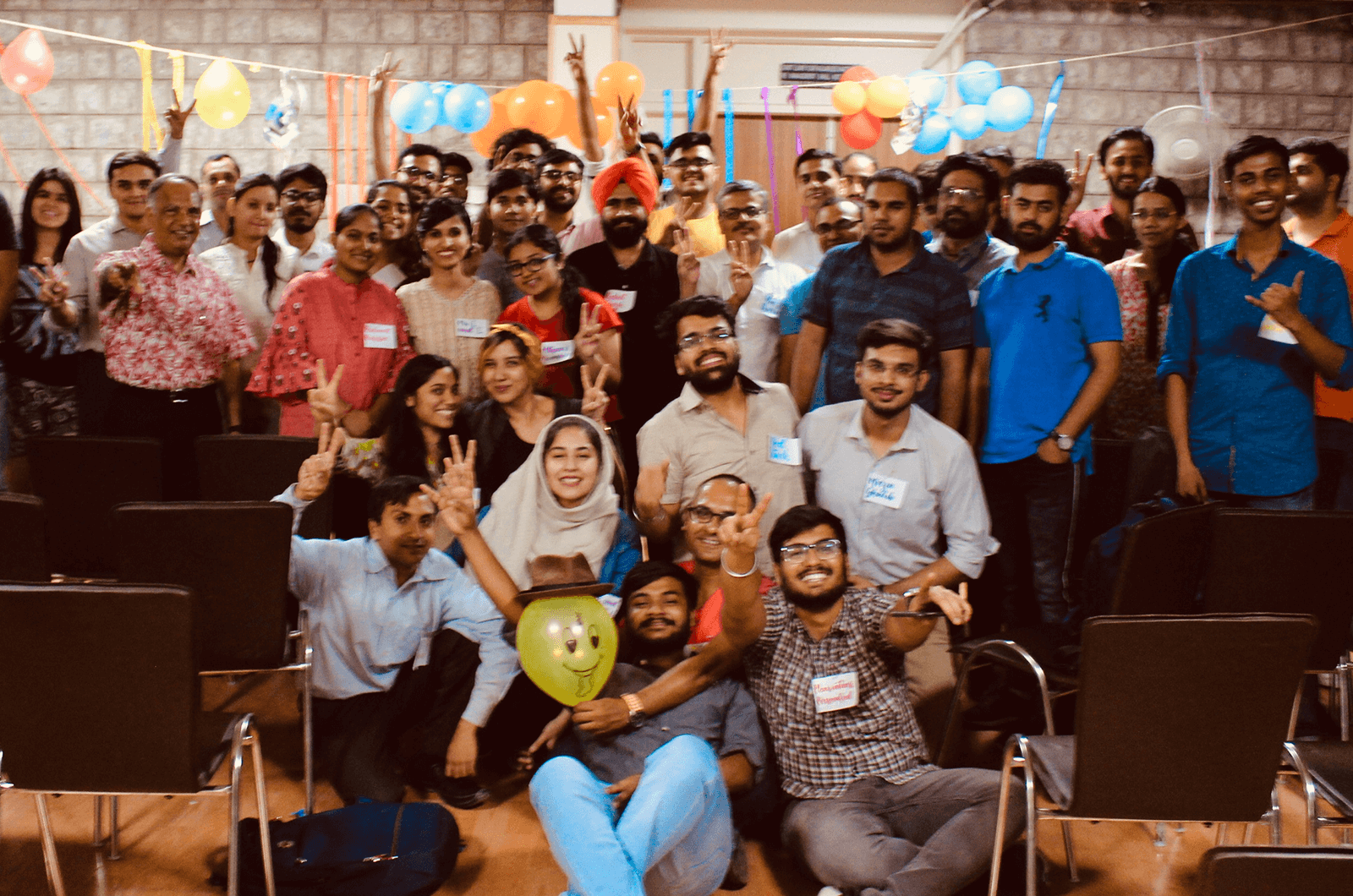
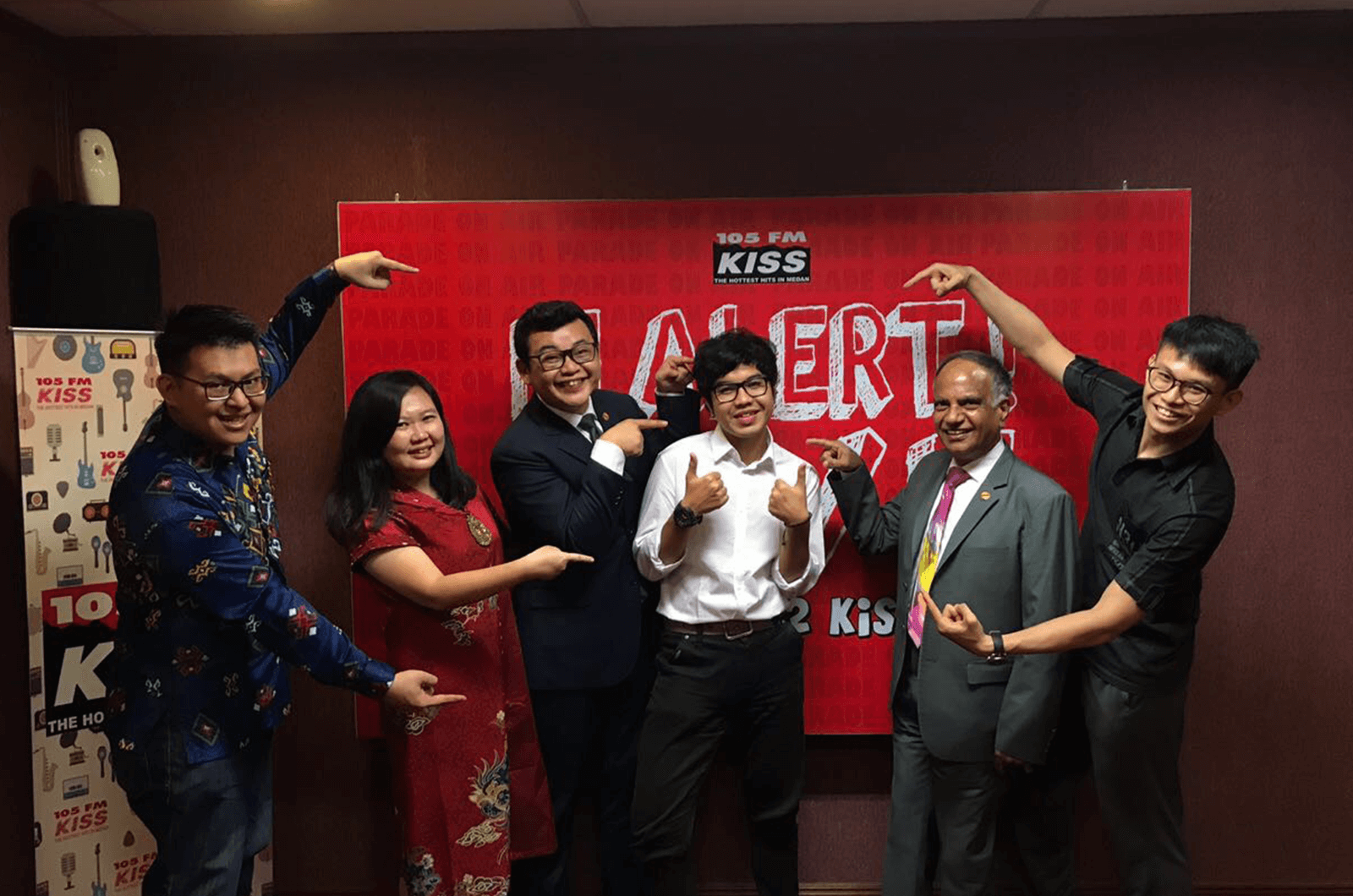
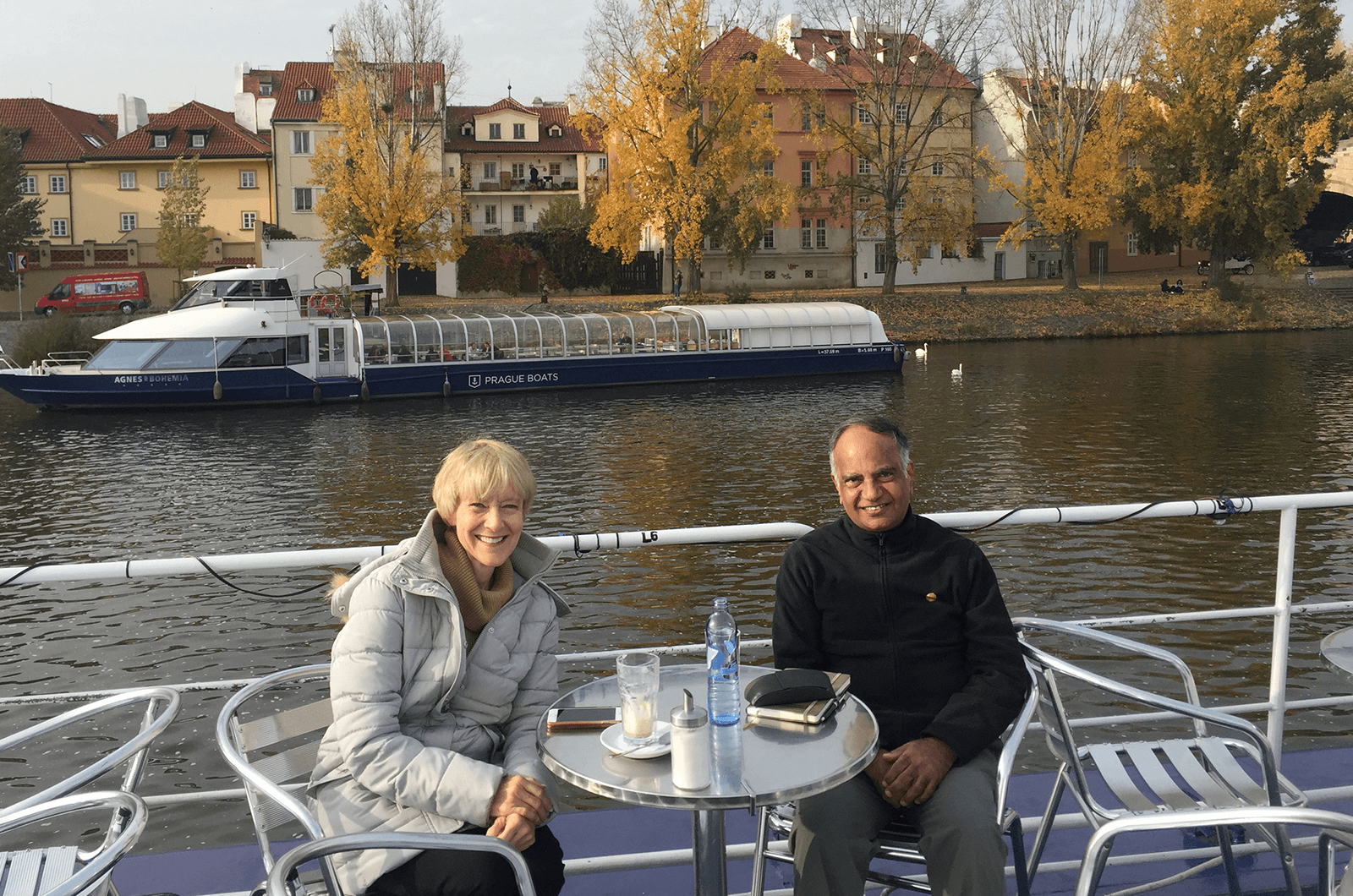
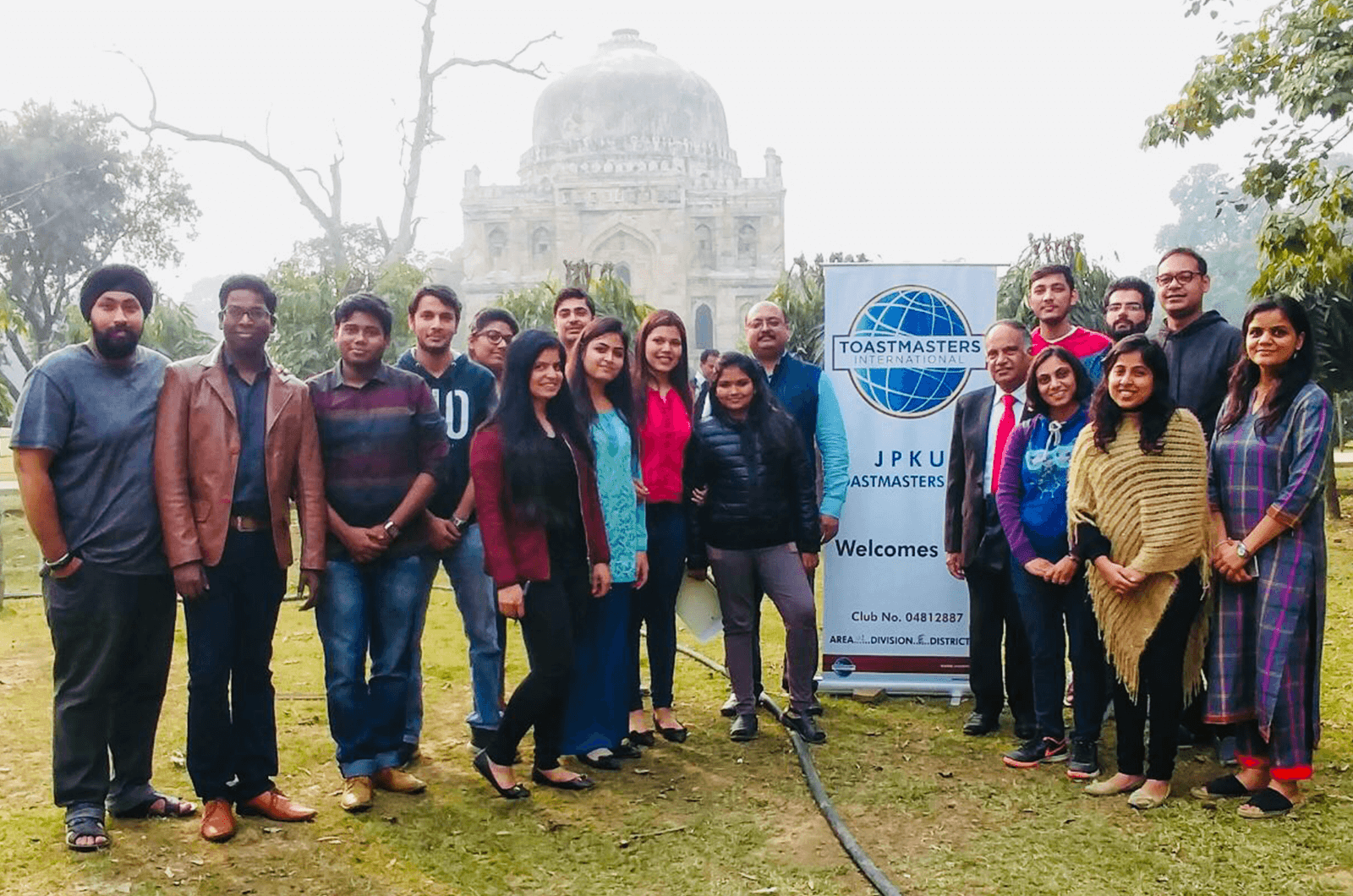
“I hear talk that the districts are saturated and additional growth isn’t possible,” he says. “I disbelieve it. We have the vitality and the members to kickstart outreach to millions of individuals who haven’t had access to our programs or even know about them.” As an example, he cites a recent speech he made to an organization in New Jersey, where 75% of the audience had never heard of Toastmasters, even though the area has three districts.
As a successful professional, Menon felt comfortable in his speaking abilities when he attended his first club meeting in 2002. Once the meeting began, he says it didn’t take long to discover his personal challenges, along with the motivation to overcome them. That night, he joined Toastmasters of New Delhi, the capital’s only club at the time.
His passionate involvement over the years, fueled by remarkable mentors and member connections, led him through Toastmasters’ leadership levels, to the International Board of Directors and ultimately, the role of 2019-2020 International President. These experiences allowed him to discover and hone his leadership talents, and to complete the arduous DTM journey six times.
Professionally, Menon is a chartered accountant at J.P., Kapur & Uberai, a firm he joined in 1980 as a trainee. He was made a partner in 1986. The firm’s portfolio includes typical accounting consulting services, with niche practices in hospitality, real estate, banking, finance and government contracts. Menon specializes in international cross-border taxation.
“The international element keeps the job interesting. There are changes every day around the world—the global business place is never static,” he notes.
A talented, compassionate communicator? An optimistic, solution-oriented advocate for member opportunities and club excellence? Sounds like a good fit for a Toastmasters International President.
You mentioned corporate clubs—why are they so important in the “formula for the future” scenario?
Growing our corporate club sector offers tremendous growth potential for Toastmasters. Success lies in being able to demonstrate the value of Toastmasters to company decision-makers and develop a rich cooperative relationship.
Sometimes these clubs are at risk—they may be quick to form and quick to dissolve unless we take the time to build and maintain those management relationships. It’s critical to demonstrate how Toastmasters’ education curriculum offers unique value to the company—a value they couldn’t find elsewhere for the investment.
Continuing in that “future” vision, talk about reaching out to young people.
I was active in a Toastmasters’ Youth Leadership program and English-language teaching effort under the umbrella of the American Center, which was attached to the U.S. Embassy in New Delhi. I was appointed chief coordinator and enlisted other Toastmasters to assist in using the program to teach English and transform students into leaders.
Over two years, 700 young people in seven cities went through the program, and the transformation was astounding. They used their newly acquired confidence to create positive change in new academic and professional endeavors.
This is another element to our future success. Obviously, young people are the leaders of tomorrow. If you can engage them early, when they have limited inhibitions, it’s easier for them to improve and enhance their skills.
What is the role of the Pathways learning experience in both individual and organizational growth?
I’m very excited about Pathways both for today and for our future. Yes, there are some glitches and challenges to overcome. Yet the overall program is so inventive—it’s meant to help us become the leaders who reach out to corporations and speak the language that business wants us to speak. Clearly we are an organization to build not just speakers but also business and societal leaders.
I also see Pathways as a quicker way for members to learn and advance. Learning in Levels 1 and 2 equals what took six (speeches) in the traditional Competent Communication manual. Yes, Pathways has significantly changed our methodology and education process, but I believe that is a tremendous benefit. We are giving members the ability to identify areas for improvement, start working on those immediately and build on skills steadily, sequentially.
Tell us about your family.
My wife, Kavita, is a high school principal at the Air Force Senior Secondary School in New Delhi. Managing a staff of 70 can sometimes limit her ability to travel with me, no matter how much she might like to. We have two daughters. Rajita has a doctorate in physics and is involved in biosciences work in Boston. In her spare time, she’s passionate about dancing and performs with several groups in the Boston area. Our second daughter, Ramita, has a degree in math but also loves dancing and is pursuing the discipline full time.
What are some of your priorities as president?
International Presidents step onto a sailing ship, with the power to make some tweaks in our journey, but in general we follow the Board of Directors’ Strategic Plan and stay the direction of our course.
I continue to see building global awareness of Toastmasters as a huge opportunity, and I plan to emphasize that outreach during my term.
Stephanie Darling is a former senior editor of and frequent contributor to the Toastmaster magazine.
Related Articles
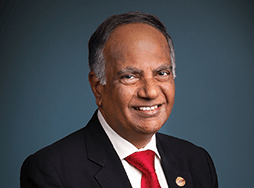
President's Message




 A Leading Light in India
A Leading Light in India
